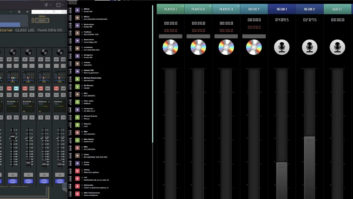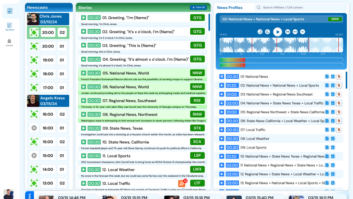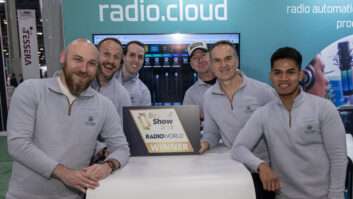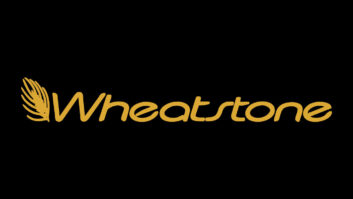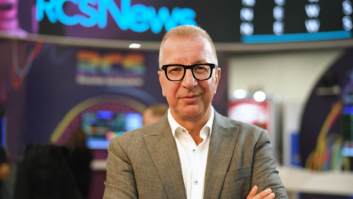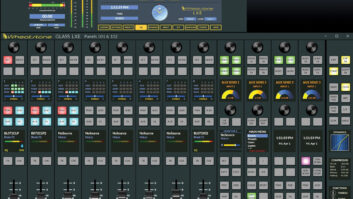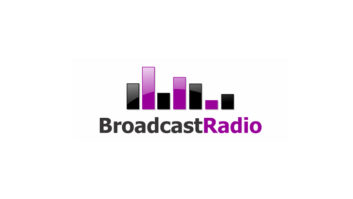Radio World Buyer’s Guide articles are intended to help readers understand why their colleagues chose particular products to solve various technical situations. This month’s articles focus on products automation.
Radio World: What do you think is the most important trend or change happening in radio automation?
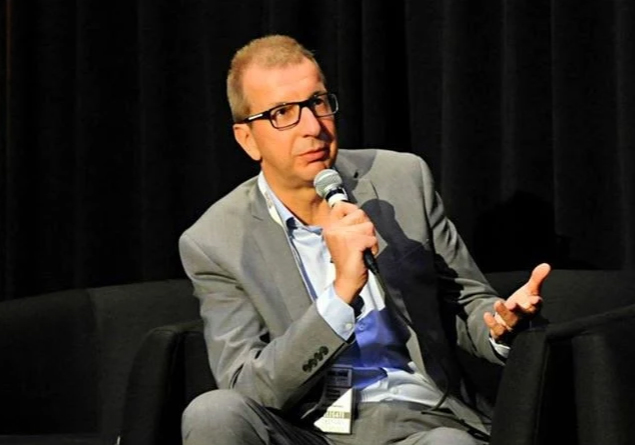
Philippe Generali: The most important overall trend is dematerialization. The same way pictures and music started being made of bits 15 years ago when the first iPhone was released, we see critical functions in radio automations not needing specific hardware anymore.
Sound processing, electronic ratings, console mixing are evolving from devices to pure cloud-based software, the same way our Zetta automation system is evolving into a cloud-based playout with no specific hardware needed on premises. Where and how people work with automation systems for content creation and presentation — the transition to a virtualized environment has really pushed what you can do from afar. The customer demand for these new virtualized environments seems to be scaling up at surprising rates.
There was a time when “remote” broadcasting was primarily only used for the car dealer or local game broadcasts. Now many customers are operating in this “remote model” 24 hours a day, seven days a week.
Zetta was a pioneer in this space over a decade ago and continues to be the leader in remote workflow feature sets.
RW: RCS was early to market with the message that automation systems could be run from the cloud, for disaster recovery if not more. Can you update us on how the market is responding to that message?
Generali: Clients are quickly adapting to cloud options and are clamoring for more. Based on this feedback we are customizing cloud-based automation and workflows for our clients.
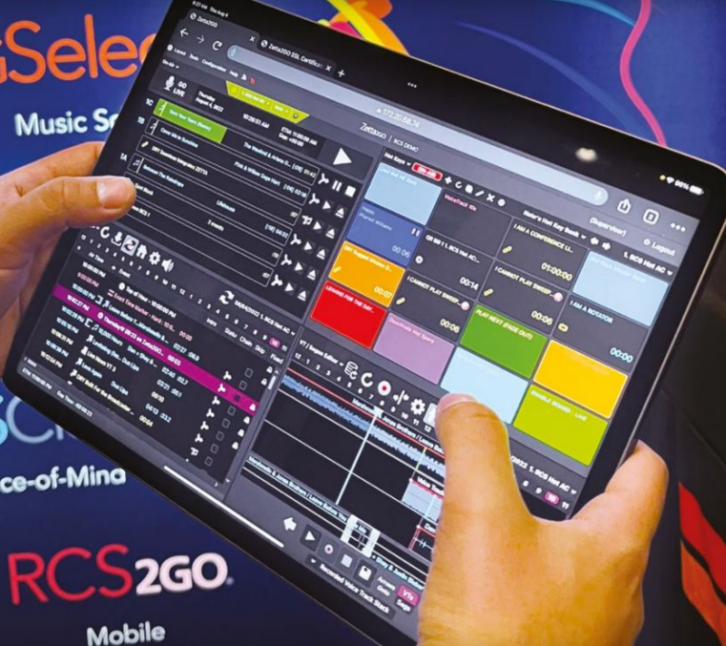
What was once only a simple emergency playout and backup solution now boosts bidirectional content contributions such as voice tracking. This allows users to break free of the traditional VPN-oriented remote contribution and allow users to simply use a two-factor sign-in to lay in voice tracks into the cloud. This content loaded directly into the cloud can now be migrated back to a traditional system for insertion and playout. This multi-point solution allows the ultimate in flexibility and control over where and how you want to remotely work.
[Read More Buyers Guide Reviews Here]
RW: What else should we know about what’s going on at RCS or in the automation space?
Generali: Software is evolving quickly with workflow architecture changes in the broadcasting space.
It is quick and relatively simple to place a virtual machine on a cloud service, run legacy software and call it a “cloud solution.” While by definition it may be a cloud solution, that approach does not scale well because it relies on an infrastructure that was designed and intended for traditional hardware platforms and really isn’t “cloud-based.”
A true cloud-based design and platform should not revolve around the constraints of an OS environment, rather it should be based on a containerized architecture that can scale up and down dynamically based on need and loading conditions. Users would be best served to understand and compare the foundations of the solutions.
RCS is committed to a fully featured platform in the cloud and will always build upon a base of cloud design and architecture for best-in-class performance.





